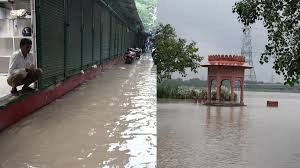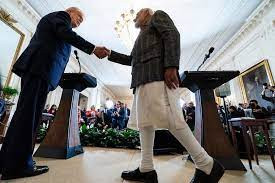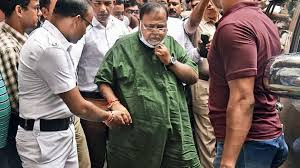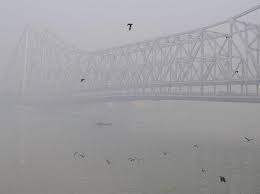India to Conduct Nationwide Blackout Drill on May 7 Amid Rising Security and Energy Concerns
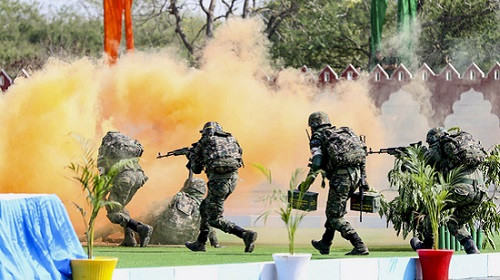
IIE Digital Desk : The Indian government has announced a comprehensive nationwide blackout drill scheduled for May 7, 2025. This initiative, the first of its kind since 1971, is designed to test and enhance the country's civil defense mechanisms in the face of escalating regional tensions and looming energy challenges.
The Ministry of Home Affairs disclosed that the drill will encompass seven states, focusing on critical aspects such as the activation of air raid warning systems, civilian training for hostile scenarios, implementation of blackout protocols, camouflaging of vital installations, and rehearsals of evacuation plans. The decision comes in the wake of intensified ceasefire violations along the India-Pakistan border, with reports of Pakistani forces breaching the 2003 Ceasefire Agreement for the twelfth consecutive night.
These developments have raised concerns about potential escalations, prompting the government to revisit and reinforce civil defense strategies. The last time India undertook such extensive drills was during the Indo-Pakistani War of 1971, underscoring the gravity of the current situation.
Simultaneously, the nation grapples with mounting energy demands exacerbated by an intense summer heatwave. The National Load Despatch Centre has warned of potential electricity shortages, estimating unmet demand could reach 15-20 gigawatts during peak hours. This strain is attributed to the increased use of cooling appliances and the intermittent nature of renewable energy sources, which currently lack sufficient storage solutions.
The convergence of security threats and energy instability has highlighted the need for comprehensive preparedness measures. By conducting the blackout drill, the government aims to assess the resilience of infrastructure, the efficacy of emergency protocols, and the readiness of citizens to respond to multifaceted crises.
Officials have emphasized that the drill is a precautionary exercise, not indicative of any immediate threat. However, they urge public cooperation and awareness, noting that such preparedness is crucial in ensuring national security and stability.
As India navigates these complex challenges, the upcoming drill serves as a proactive step in fortifying the nation's defense and energy frameworks, reinforcing its commitment to safeguarding citizens and maintaining sovereignty in an increasingly volatile regional landscape.
You might also like!







